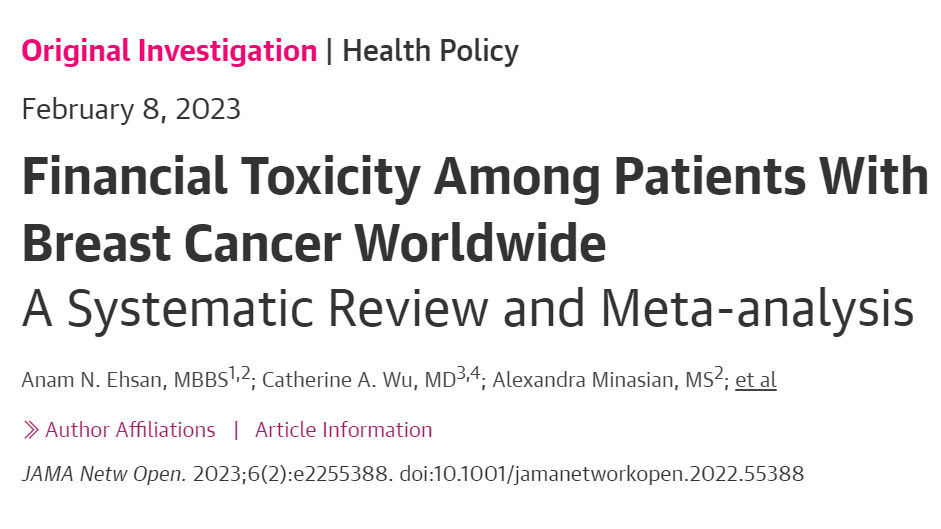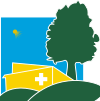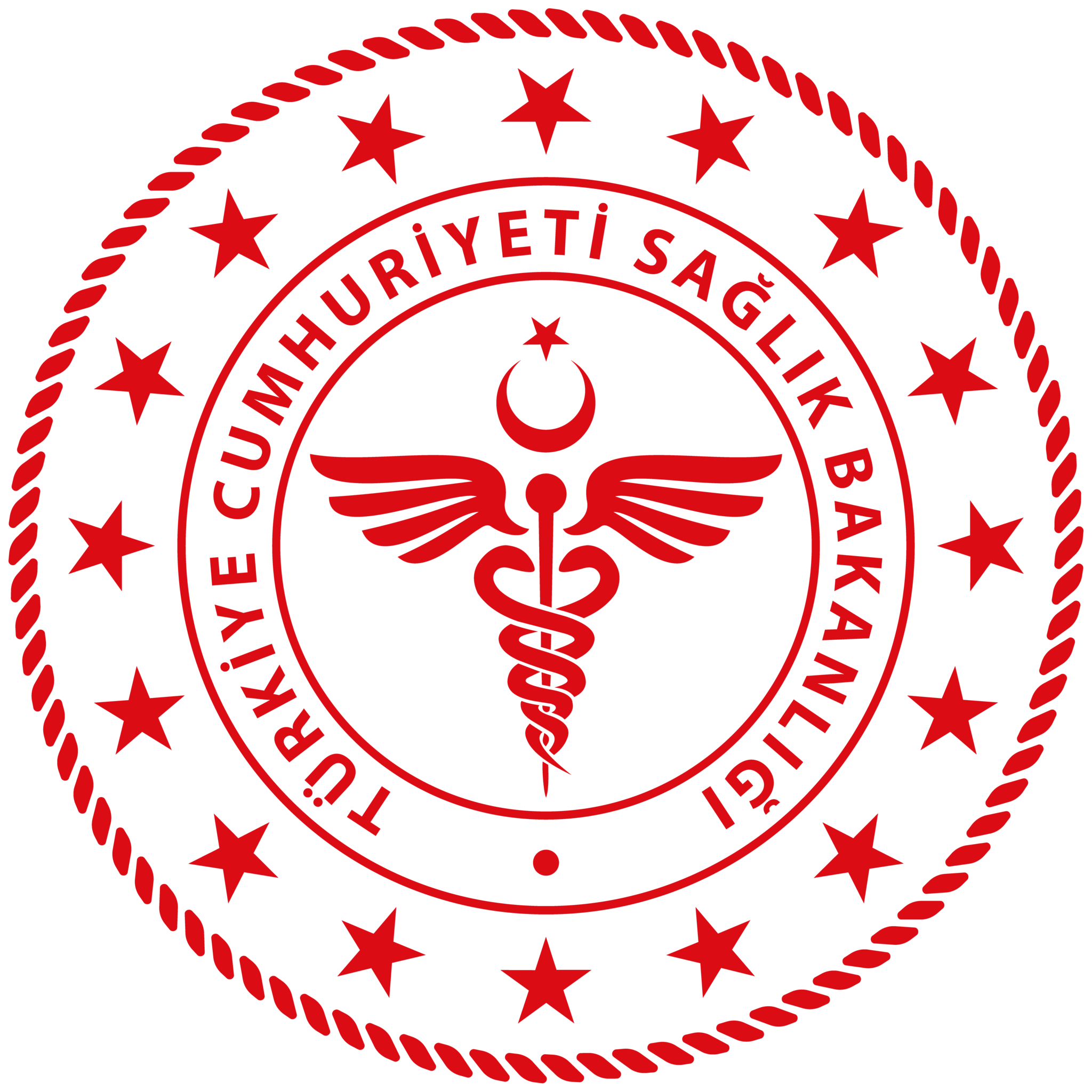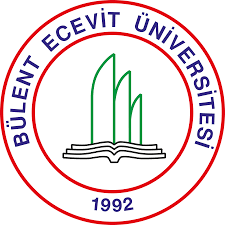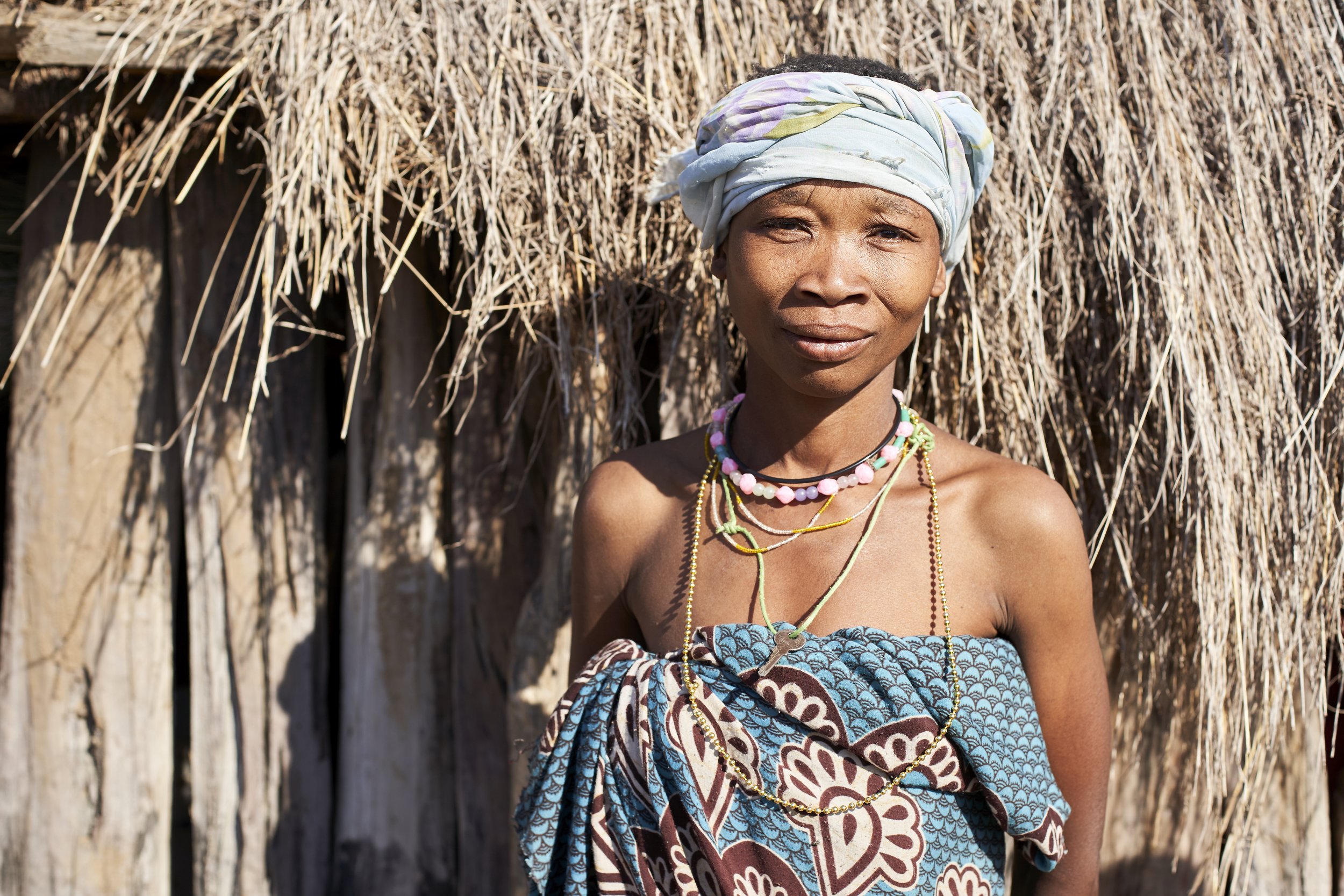
Breast Cancer Programme
Improving surgical capacity for women with breast cancer
The Breast Cancer Programme within Women’s Health at the GSF aims to improve patient outcomes through improved access to safe, timely, and respectful breast cancer surgical care.
Access to surgical care is critical along the breast cancer patient pathway, from diagnosis to treatment to palliative care and reconstruction. Surgical intervention is required in over 80% of breast cancer cases, yet only 25% of the world has access to the necessary surgical care.
In fact, only an estimated 8% of the population in low- and lower-middle income countries have access to surgery, and as low as 2% in some low-income countries.
Our mission
Our mission is to improve the health of women, families, and communities in low- and middle-income countries by accelerating access to safe surgical care through locally-led, innovative, evidence-based, and sustainable programmes.
Our work is aligned with the World Health Organisation Global Breast Cancer Initiative (WHO GBCI), which aims to reduce breast cancer mortality by 2.5% per year.
Over 20 years, this could save 2.5 million lives.
In 2022, breast cancer caused 666,103 deaths and was the second most common cancer worldwide.
1 in 12 women will be diagnosed with breast cancer in their lifetime
In some low-income countries, the surgical workforce will have to increase by 4x to fulfill the demand for cancer surgeries.
44
Health centres engaged in Rwanda and Türkiye
Our reach
1,733
Breast cancer patients and women reached
197
Healthcare workers engaged
Strengthening Surgical Capacity Along the Continuum of Care
Our projects are locally driven. We work in close partnership with local stakeholders to co-design programmes that are context appropriate and sustainable.
The GSF Women’s Health Programme is uniquely positioned to leverage and coordinate partners along the continuum of care for breast cancer patients, to support access to surgical care from a multidisciplinary perspective.
The Continuum of Breast Cancer Care
Our approach
We use a five-pillared approach for system-level, sustainable change to improve outcomes for patients.
Based on the WHO GBCI pillars, our interventions aim to build capacity for increased access with and by local communities, combining facility assessment, workforce training, patient navigation, and community engagement at the decentralised level.
Our work includes activities such as:
- Training of surgical teams using a hub-and-spoke model to strengthen capacity to manage breast cancer cases
- Patient navigation programmes to support referral systems and consolidate care along the continuum for patients, and reduce delay between diagnosis and treatment
- Patient support initiatives, such as peer-to-peer or community support to address stigma
- Data collection around post-operative outcomes and experience of care to inform policy changes
Our Projects
We are building our diverse portfolio of breast cancer projects.
In collaboration with the United Nations Institute for Training and Research (UNITAR) and Takeda, we recently completed two comprehensive needs assessments in Türkiye and Rwanda to identify the key gaps in access to safe and quality surgical care for breast cancer patients.
In-country Needs Assessments
The needs assessments focused on both patient and provider perspectives. In Türkiye, we worked with Marmara University and Zonguldak Bulent Ecevit University to implement a qualitative study on delays in screening and a quantitative study of breast cancer patients on delays in diagnosis and treatment, respectively. In Rwanda, the University of Global Health Equity led a comprehensive three-part study of the state of breast cancer care at Butaro Cancer Centre of Excellence.
Rwanda Projects
Clinical and surgical breast cancer outcomes at Butaro District Hospital
This project created a baseline of clinical and surgical outcomes for breast cancer patients treated at Butaro District Hospital via a retrospective chart review.
Gaps in general surgeon training, knowledge, and management of breast cancer in Rwanda
This project evaluated the overall knowledge base of general surgeons in Rwanda, and identify gaps in training, knowledge, and management of breast cancer in Rwanda via a targeted cross-sectional survey of general surgeons across the country.
Qualitative assessment of breast cancer diagnosis and treatment stigma
This project identified stigma related to breast cancer diagnosis and surgical management of patients at Butaro Cancer Centre of Excellence through qualitative interviews of patients.
Türkiye Projects
Perception, beliefs, and behaviours affecting early diagnosis of breast cancer in Türkiye
This project identified key barriers associated with delays in early screening and detection of breast cancer through interviews with women, healthcare workers, and KETEM facility workers.
The etiological causes of diagnostic and treatment delays in locally advanced breast cancer – a nationwide survey trial
This project determined key factors associated with delayed diagnosis and treatment, and the effects of such delays on patient-reported outcomes through a hospital-based survey of breast cancer patients.
News and updates
Latest updates from the breast cancer programme.
Our project partners
We work with our local and international partners to deliver this locally led, locally driven project.
The data acquired from this project, that is created with the collaboration of Zonguldak Bulent Ecevit University School of Medicine and the GSF-UNITAR team, has the potential to enhance the quality of breast cancer care in Türkiye.
Prof. Dr. Güldeniz Karadeniz Çakmak
Zonguldak Bulent Ecevit University School of Medicine
Project Lead
Our project team
Dr. John E. Varallo
Team Lead, Women’s Health
Nefti Bempong-Ahun, MPH
Project Manager
Yuval Cohen, MSc
Project Associate
Dr. Mélanie Samson
Sr. Technical Officer
Dr. Anmol Patted
Fellow, Women’s Health
Resources
Guides
Read through our short guides on integrating value-based healthcare into breast cancer treatment and women's health.
